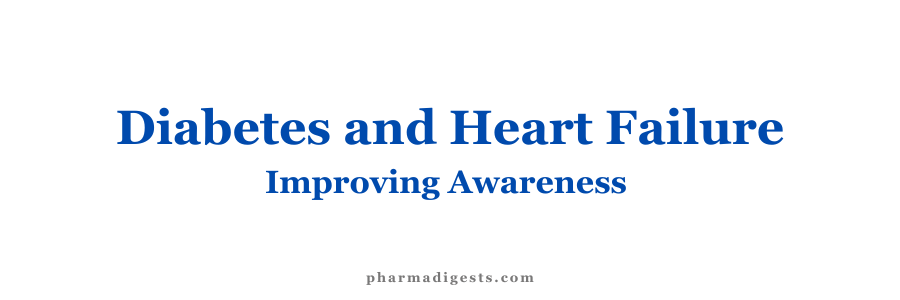Adults with diabetes are at increased risk for the development of asymptomatic cardiac structural or functional abnormalities (stage B heart failure) or symptomatic (stage C) heart failure. Consider screening adults with diabetes by measuring a natriuretic peptide (B-type natriuretic peptide [BNP] or N-terminal pro-BNP [NT-proBNP]) to facilitate prevention of stage C heart failure.
In asymptomatic individuals with diabetes and abnormal natriuretic peptide levels, echocardiography is recommended to identify stage B heart failure.
In people with type 2 diabetes and established heart failure with either preserved or reduced ejection fraction, an SGLT2 inhibitor (including SGLT1/2 inhibitor) with proven benefit in this patient population is recommended to reduce the risk of worsening heart failure and cardiovascular death.
In people with type 2 diabetes and established heart failure with either preserved or reduced ejection fraction, an SGLT2 inhibitor with proven benefit in this patient population is recommended to improve symptoms, physical limitations, and quality of life.
In individuals with diabetes and asymptomatic stage B heart failure, an interprofessional approach to optimize guideline-directed medical therapy, which should include a cardiovascular disease specialist, is recommended to reduce the risk for progression to symptomatic (stage C) heart failure.
In individuals with diabetes and asymptomatic stage B heart failure, ACE inhibitors/ARBs and β-blockers are recommended to reduce the risk for progression to symptomatic (stage C) heart failure.
In individuals with type 2 diabetes and asymptomatic stage B heart failure or with high risk of or established cardiovascular disease, treatment with an SGLT inhibitor (including SGLT2 or SGLT1/2 inhibitors) is recommended to reduce the risk of hospitalization for heart failure.
In individuals with diabetes, guideline-directed medical therapy for myocardial infarction and symptomatic stage C heart failure is recommended with ACE inhibitors/ARBs, MRAs, angiotensin receptor/neprilysin inhibitor, β-blockers, and SGLT2 inhibitors, similar to guideline-directed medical therapy for people without diabetes.
In people with type 2 diabetes with stable heart failure, metformin may be continued for glucose lowering if estimated glomerular filtration rate remains >30 mL/min/1.73 m2 but should be avoided in unstable or hospitalized individuals with heart failure.
Individuals with type 1 diabetes and those with type 2 diabetes who are ketosis prone and/or those consuming ketogenic diets who are treated with SGLT inhibition should be educated on the risks and signs of ketoacidosis and methods of risk management and provided with appropriate tools for accurate ketone measurement (i.e., serum β-hydroxybutyrate).
Read also:
Reference: ADA Standards of Care 2024

